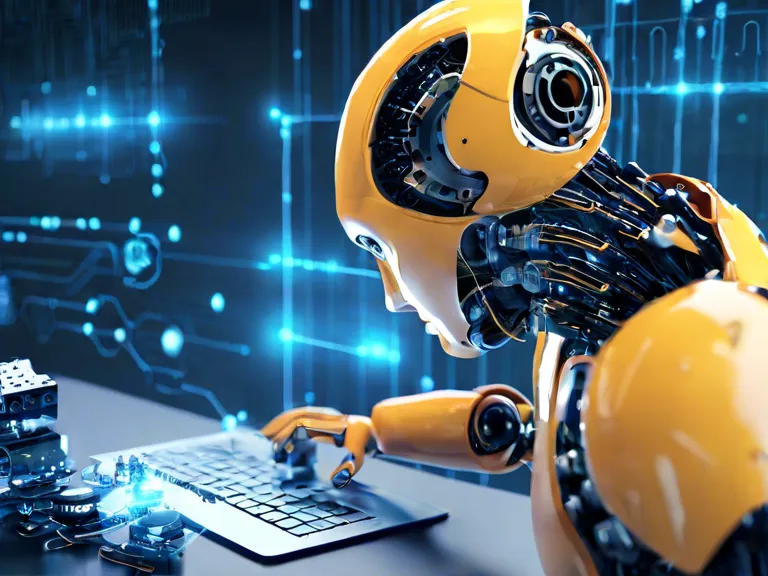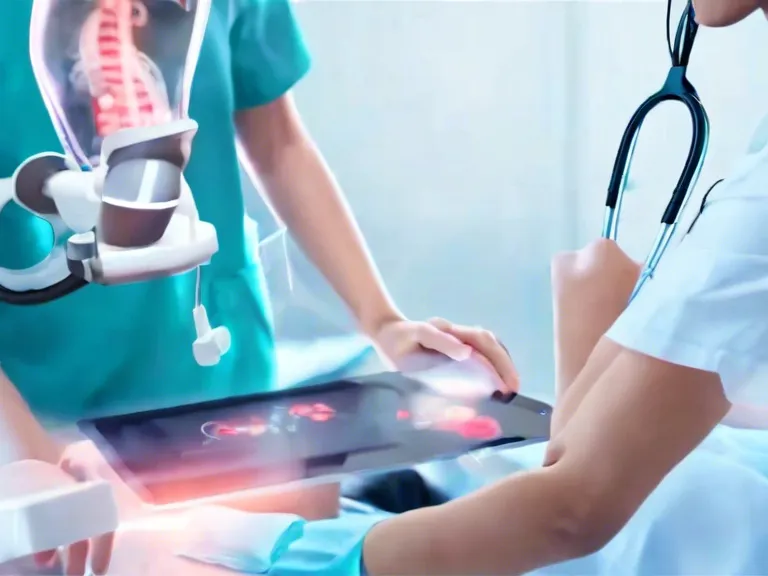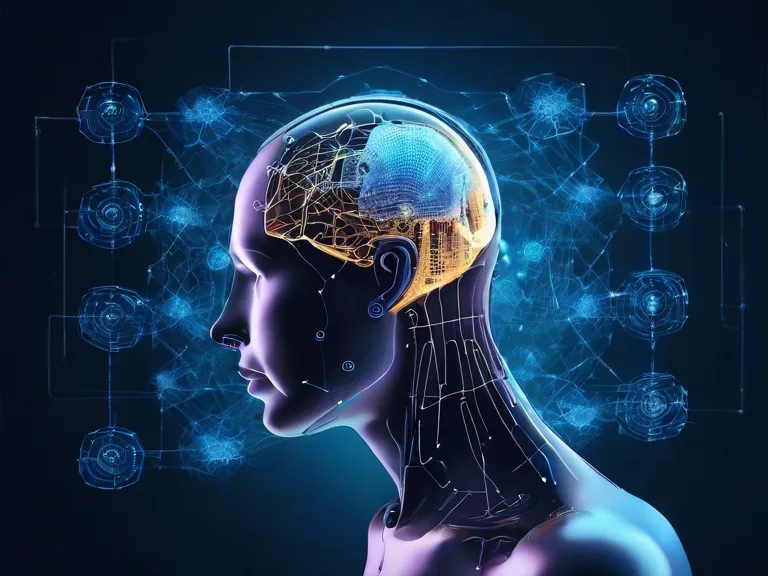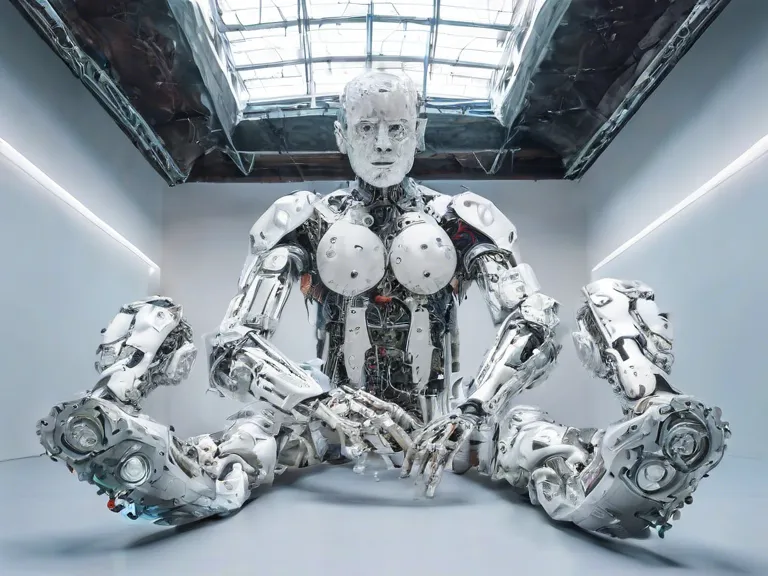
Artificial Intelligence (AI) driven automation has become increasingly prevalent in various industries, revolutionizing the way businesses operate. Recent trends indicate that AI technology continues to advance rapidly, paving the way for more efficient and streamlined processes. From healthcare to manufacturing, AI-driven automation is reshaping the landscape of work and productivity. Let's explore some of the recent trends in AI-driven automation and make predictions for its future impact.
One of the most significant trends in AI-driven automation is the rise of robotic process automation (RPA). RPA involves the use of software robots to automate repetitive tasks, allowing employees to focus on more strategic and creative endeavors. This technology has the potential to increase productivity and reduce errors in processes across different industries.
Another trend in AI-driven automation is the integration of machine learning algorithms. Machine learning allows AI systems to learn from data and improve their performance over time without human intervention. This capability enables AI systems to make more accurate predictions and decisions, leading to more efficient and effective automation solutions.
The adoption of AI-driven automation is expected to continue to grow in the coming years. As businesses seek to remain competitive in an increasingly digital world, they are turning to AI technology to streamline operations and drive innovation. From chatbots to predictive analytics, AI-driven automation offers endless possibilities for businesses looking to optimize their processes.
Looking ahead, the future of AI-driven automation looks promising. As AI technology continues to evolve, we can expect even greater levels of automation and efficiency in various industries. From autonomous vehicles to intelligent virtual assistants, AI-driven automation will revolutionize the way we work and interact with technology.


